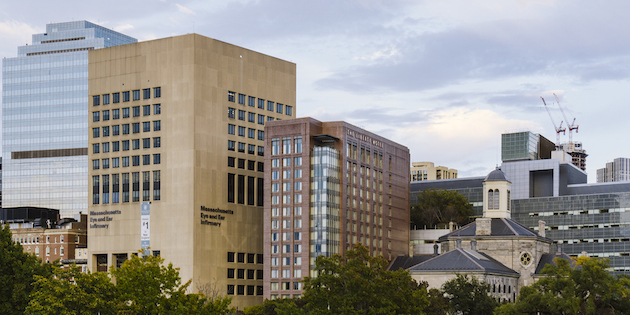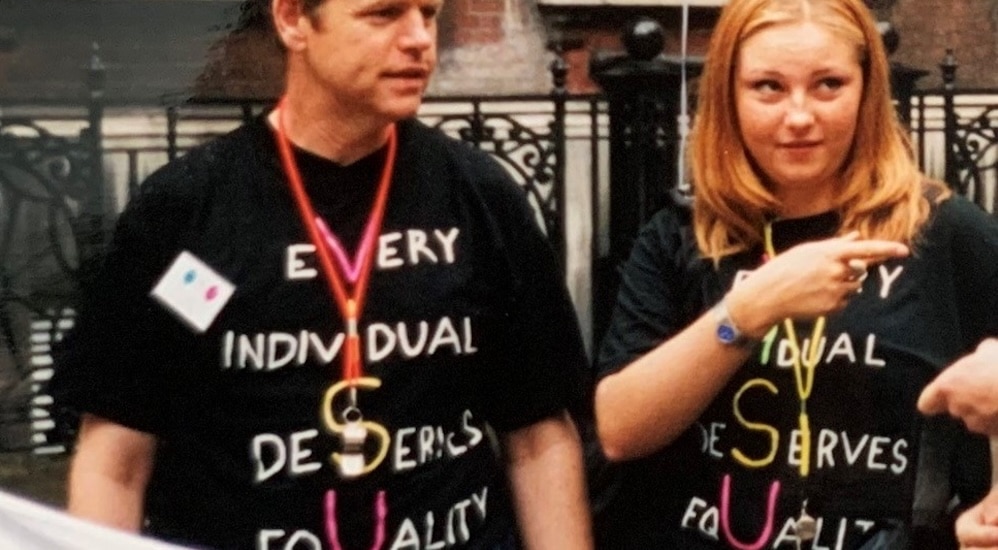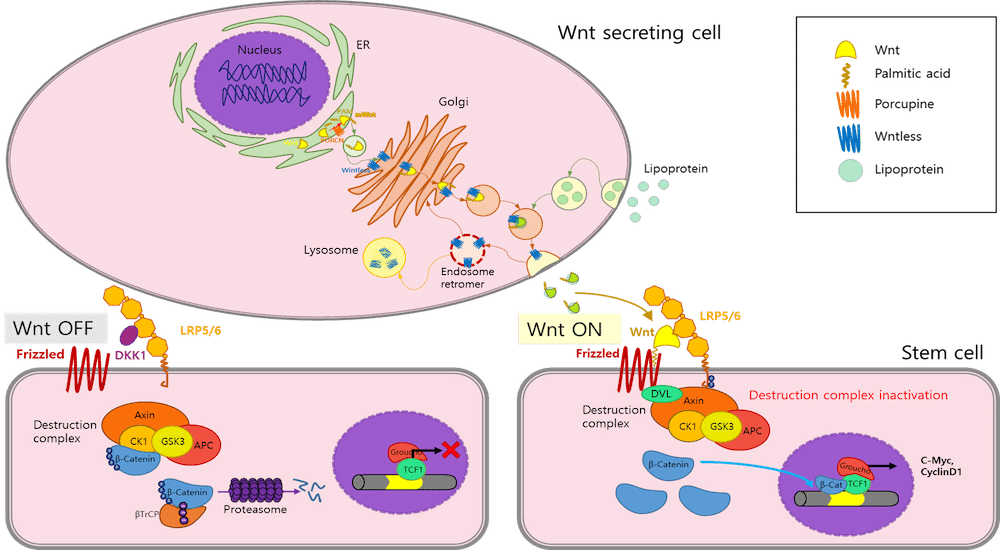Boston breakthroughs in gene and drug therapy routes to hearing loss solution
The long search for gene therapy and possible medical solutions to hearing loss have been significantly advanced this spring by two research studies emerging from the Massachussetts Eye and Ear centre in Boston, USA.

While the place is the Mass Eye and Ear, the key name attached to the research is Chen, Dr. Zheng-Yi, a Harvard scholar whose focus is understanding the causes of hearing loss, and whose lab aims to develop a treatment for hearing loss by inner ear regeneration in humans.
Recent studies published by Dr. Chen’s teams in Molecular Therapy and Proceedings of the National Academy of Sciences (PNAS) have reported, respectively, a first breakthrough in a gene therapy rescue of hearing in ageing mice, and the creation of a drug-like cocktail of different molecules that successfully regenerated hair cells in a mouse model.
Gene therapy rescues hearing for the first time in aged mouse models
Further down the line, the gene therapy investigation might translate to a virally mediated treatment of genetic hearing loss, either by itself or in combination with a cochlear implant.
This latest gene therapy breakthrough came when the Mass Eye and Ear researchers demonstrated for the first time the efficacy of adeno associated virus (AAV) vectors in treating genetic hearing loss, a proof-of-concept trial necessary before the intervention can be tested on humans with this genetic condition.
The researchers developed a mature mouse model with a mutation equivalent to a defective TMPRSS3 human gene, which typically results in progressive hearing loss.
Upon injecting the animals with an AAV carrying a healthy human TMPRSS3 gene, “robust hearing rescue” was observed in the aged mice. The breakthrough “lays the foundation to develop AAV2-hTMPRSS3 gene therapy to treat DFNB8 patients, as a standalone therapy or in combination with cochlear implantation,” the authors point out.
Drug-like Cocktail to Regenerate Hair Cells
A key longstanding limitation in the development of medical solutions to hearing loss is the non-regeneration of damaged sensory cells in the ear’s inner hair cells. But another research effort led by Dr. Chen has seen a drug-like cocktail of different molecules successfully regenerate hair cells in a mouse model by reprogramming a series of genetic pathways within the inner ear.
Like other researchers who have looked for clues across different species, Chen’s research team turned to zebrafish and chickens to uncover which pathways were responsible for inducing the cell division required to regenerate new hair cells. They discovered two molecular signaling pathways, Myc and Notch, were crucial to this process.
Unlike transgenic mice, humans cannot have Myc and Notch pathways turned on like a light switch. So the search was on for Chen’s team to find a drug therapy to activate these pathways.
The cocktail they discovered combined chemical compounds with small biological molecules called small interfering RNAs (siRNA) in an effort to switch on the right pathways and suppress other interfering pathways.
“Think about a brake when driving a car,” explained Chen. “If the brake is always engaged, you can’t drive. We found an siRNA that could remove the brake in this genetic pathway.”
Delivering this druglike cocktail to the inner ear of a normal adult mouse with damaged hair cells, the treatment led to the regeneration of new hair cells. Thehe hair cells were verified as functional through advanced imaging and other techniques.
“My colleagues and I frequently are contacted by people with hearing loss who are desperate for effective treatments,” said Dr. Chen. “If we can combine a surgical procedure with a refined gene therapy delivery method, we hope we can achieve our number one goal of bringing a new treatment into the clinic.”
A Disruptive Dozen research project
In 2022, this research was named among the 12 Disruptive Dozen projects mostly likely to have significant impact on healthcare, a selection made from interviews of one hundred senior Harvard faculty attached to Mass General Brigham, America’s leading biomedical research body and affiliate of Harvard Medical School.
Dr. Chen is a co-founder and a SAB member of Salubritas Therapeutics – of which he has declared ownership of over 5% equity – which is developing treatments for hearing loss including genome editing, inner ear regeneration, novel delivery, and gene therapy.
Source: Mass Eye and Ear



